The term ‘bioeconomy’ is entering the mainstream, especially under the current Brazilian government, which has brought discussions on sustainable development back into the spotlight, especially for the Amazon region. Broadly speaking, the development of a so-called bioeconomy is based on ecological and environmental sustainability and considers the needs of local and Indigenous populations.
Responding to a recent call from the British Council to run workshops in Brazil to create linkages between Brazilian and UK researchers, we were granted funding to run a workshop entitled ‘The role of fungi in the Amazonian bioeconomy’. Whilst plants are obvious candidates to fuel a bioeconomy, we were interested in exploring what role fungi might play, and how we could develop further research programmes between our countries to foster this and other ways of using fungi to support sustainable development in Amazonian ecosystems.
With more than 50 applications, we were able to select 30 participants from the UK and Brazil to meet over a four-day period in São Luís, in the Brazilian state of Maranhão, at the eastern edge of the Amazonian biome. Many of these were early career researchers who had a range of interests in fungal biology including ecological restoration, the use of microbes in agricultural production, mycotoxins, mycorrhizal fungi, edible fungi, mycotourism, and fungal taxonomy. There were numerous opportunities for participants to present their work through flash presentations and to discuss opportunities for collaboration (speed-dating) with other participants. The contributions from more senior colleagues (Admir Giachini, Diane Purchase, Laura Martinez-Suz, and Marcelo Sulzbacher) on a range of work of relevance to the topic of the workshop helped to add additional perspectives, Overall, we had eight nationalities represented and more than half of the participants were female researchers.
Of particular note was the day that included a field visit to Itapiracó Reserve – a small nature reserve in the city of São Luís. During a few hours in the reserve, we found around 30 fungal taxa and it was particularly exciting to find some probable new species that we will describe formally in due course. These findings underscore the multitude of novel fungal taxa that are still to be found in the Amazon – if new species can be found in a densely inhabited urban area, imagine how many species are still to be found in more remote areas of the Amazon!
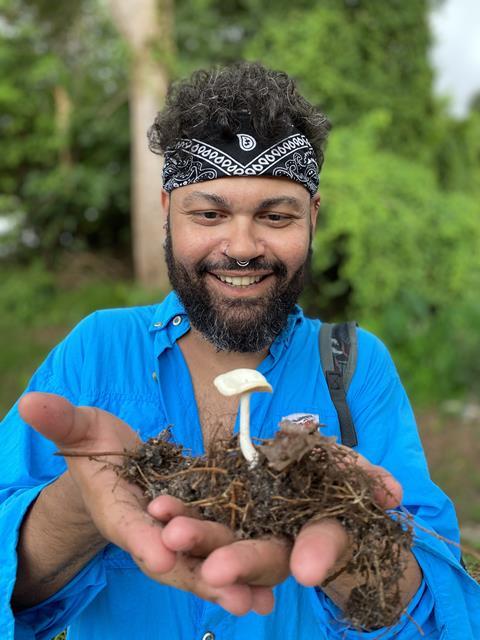
This quick field visit caught the attention of the local television network with the largest audience in Maranhão, who filmed our ‘expedition’ and shared the fungi we found, as well as conducted brief interviews with the participants on how we can exploit fungal diversity for human benefit (watch it here in Portuguese). Although it sounds like a cliché, this television report managed to reach all strata of society, thereby attracting people to a subject discussed in academic circles, but not yet present in the daily lives of most people.
During the workshop, participants started working together on a joint manuscript that outlines how fungi can support sustainable development in the Amazon. We have been working on this remotely in small groups to produce short sections that will be combined to produce a review paper that we hope will be published in the AMI journal Sustainable Microbiology.
All-in-all, the workshop was very successful, we were able to form new scientific friendships and partnerships, sample many of the restaurants in the historic centre of São Luís, and visit a tiny area of the Amazonian forest. The opportunity to bring together young researchers to discuss fungi and their role in the bioeconomy of such an important biome for planet Earth as the Amazon, with the support of our brilliant colleagues, was unique and highly rewarding. We certainly transcended science and created a collaborative environment that will be sustained in the form of new academic partnerships. As organisers, we realised how crucial events such as this are in keeping early career researchers motivated and broadening their perspectives. It’s a feeling of mission accomplished! We would like to thank the British Council for this opportunity.

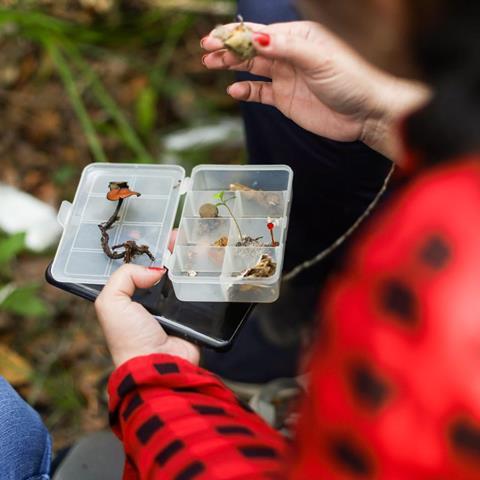

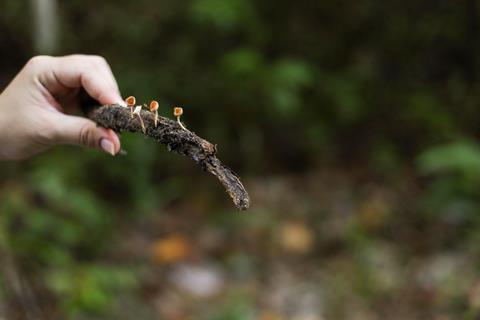
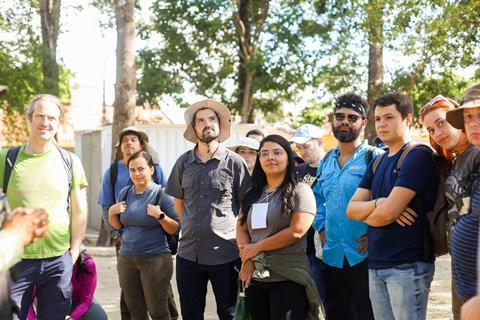
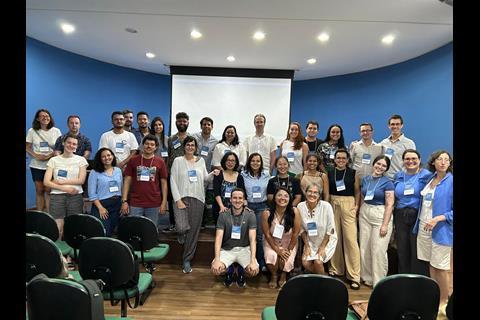
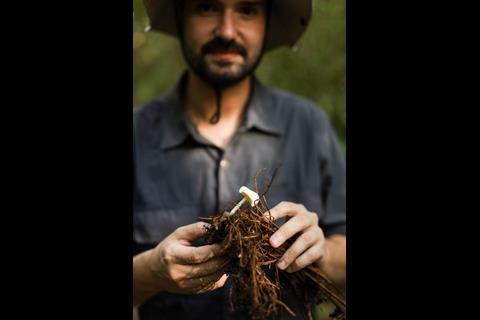
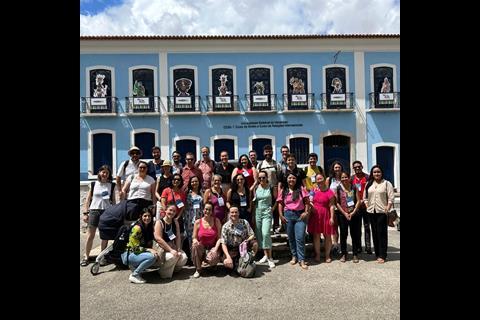







No comments yet